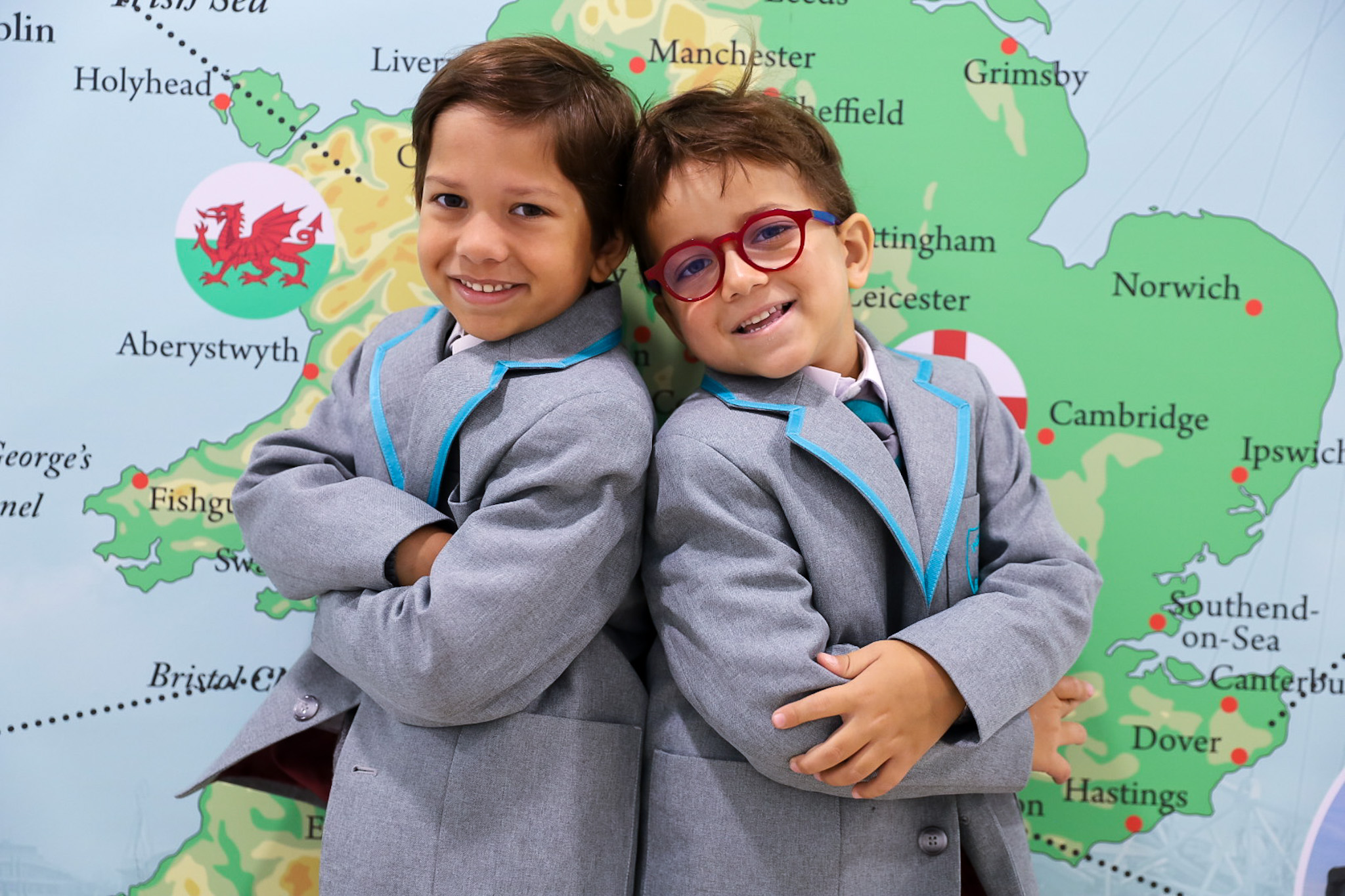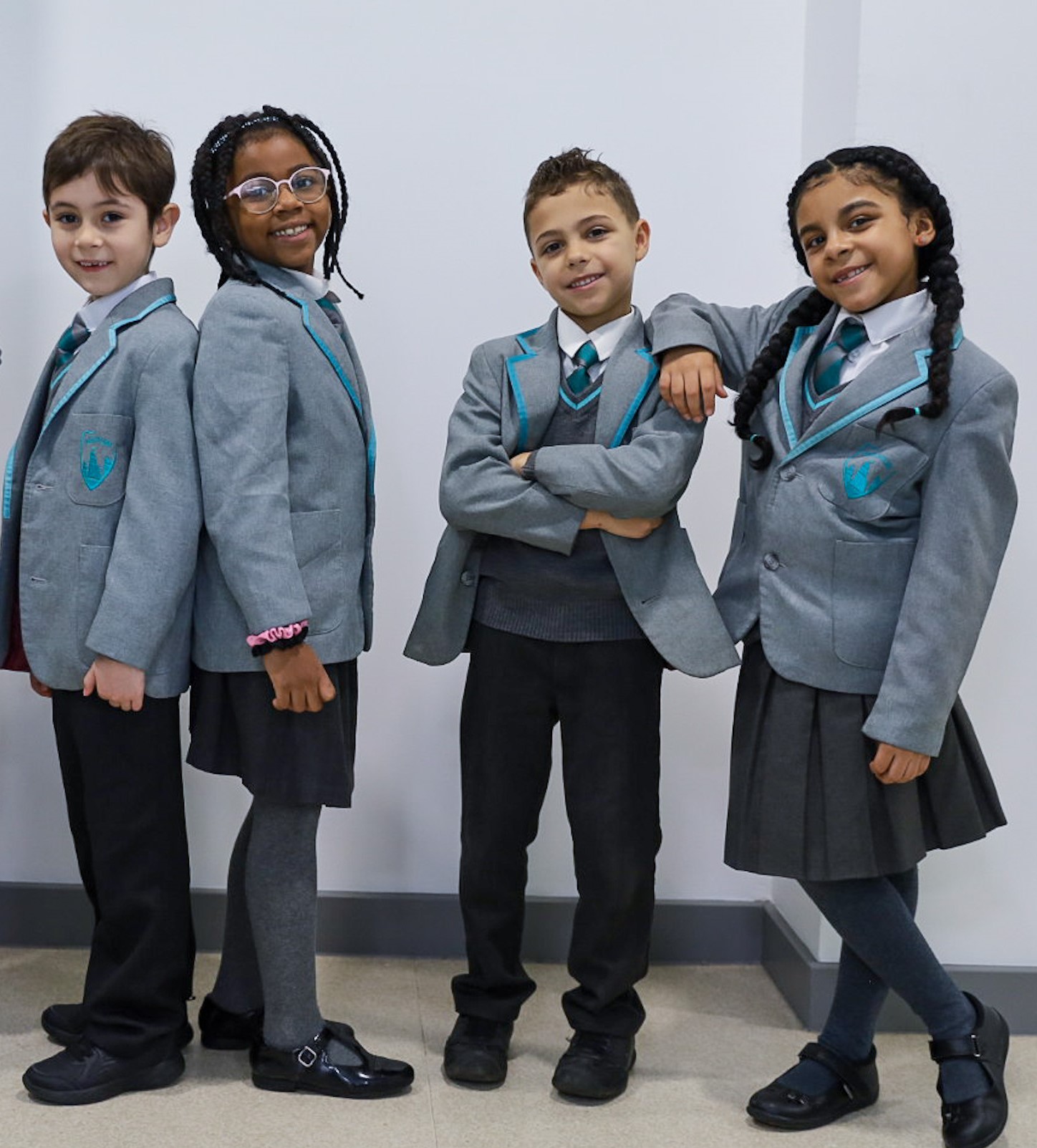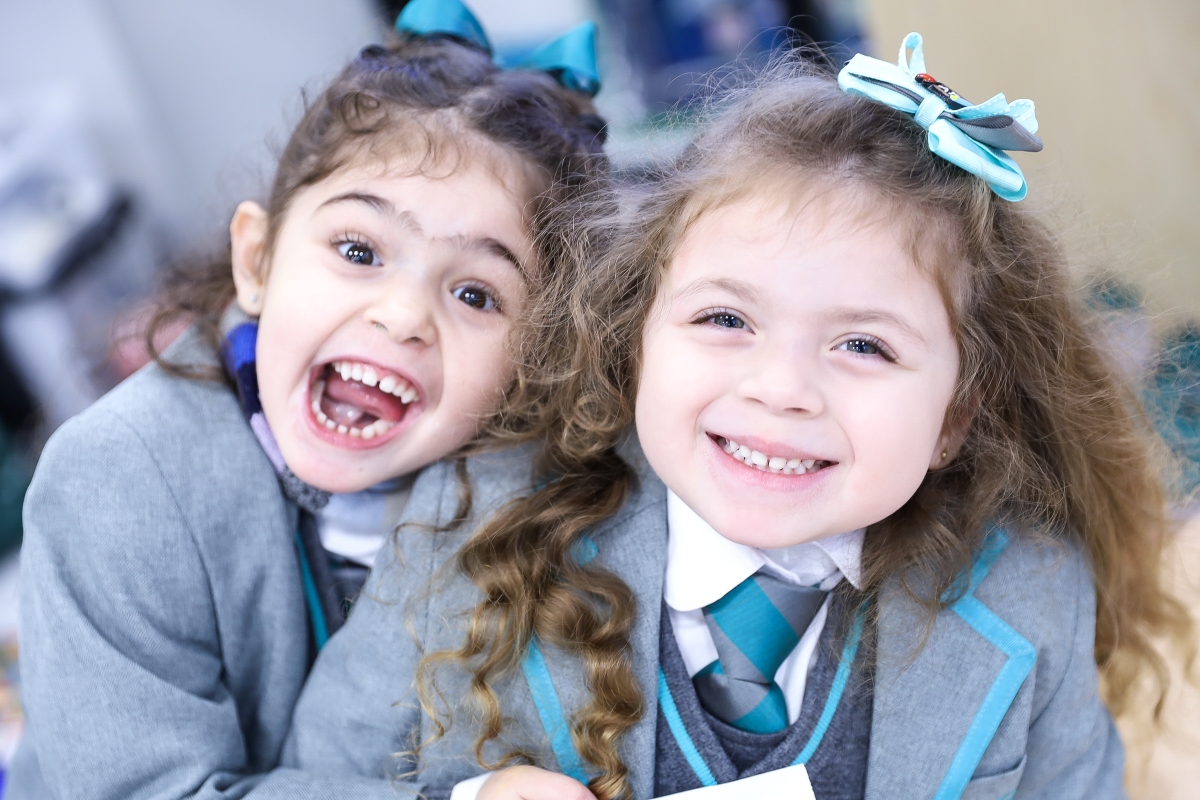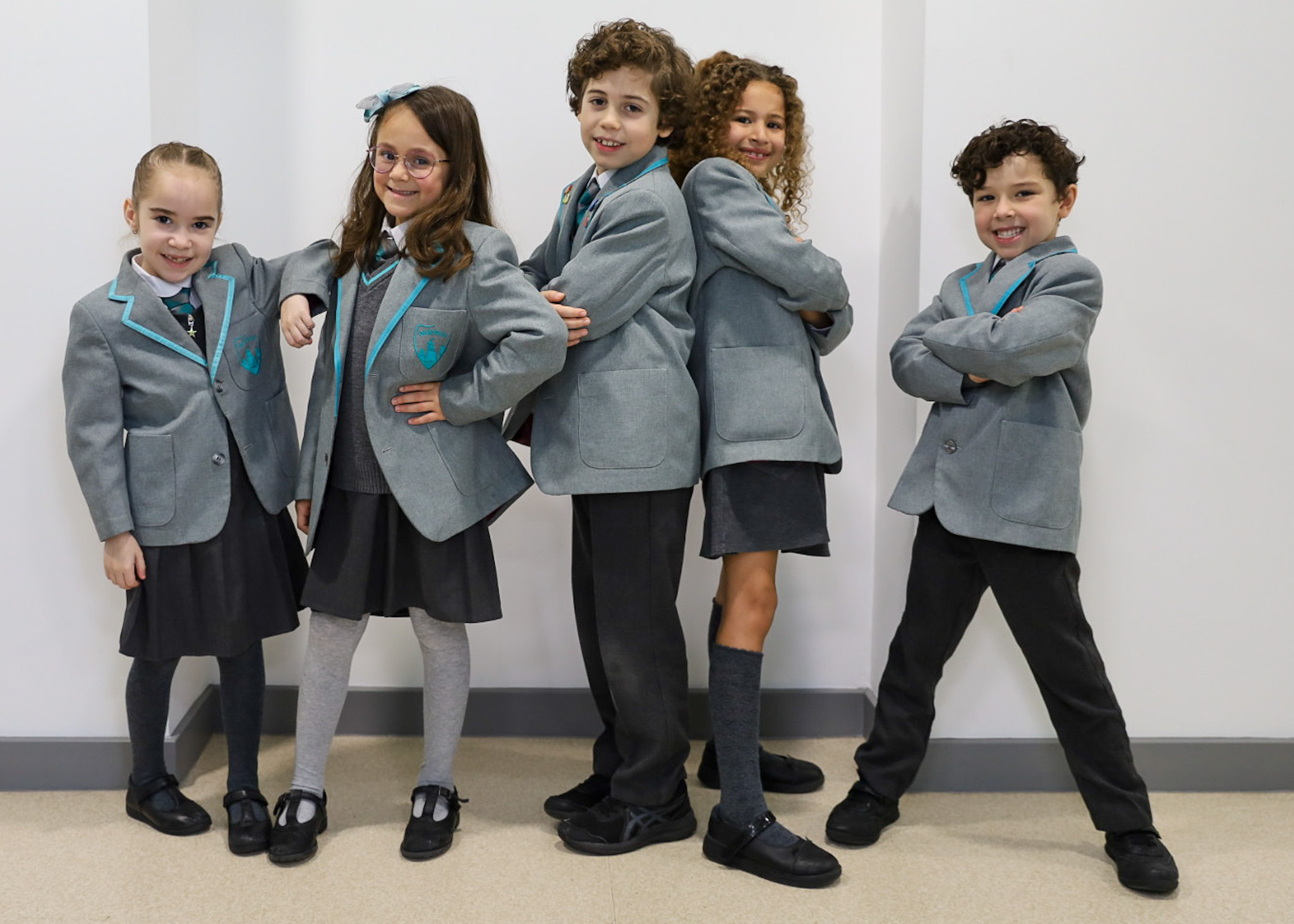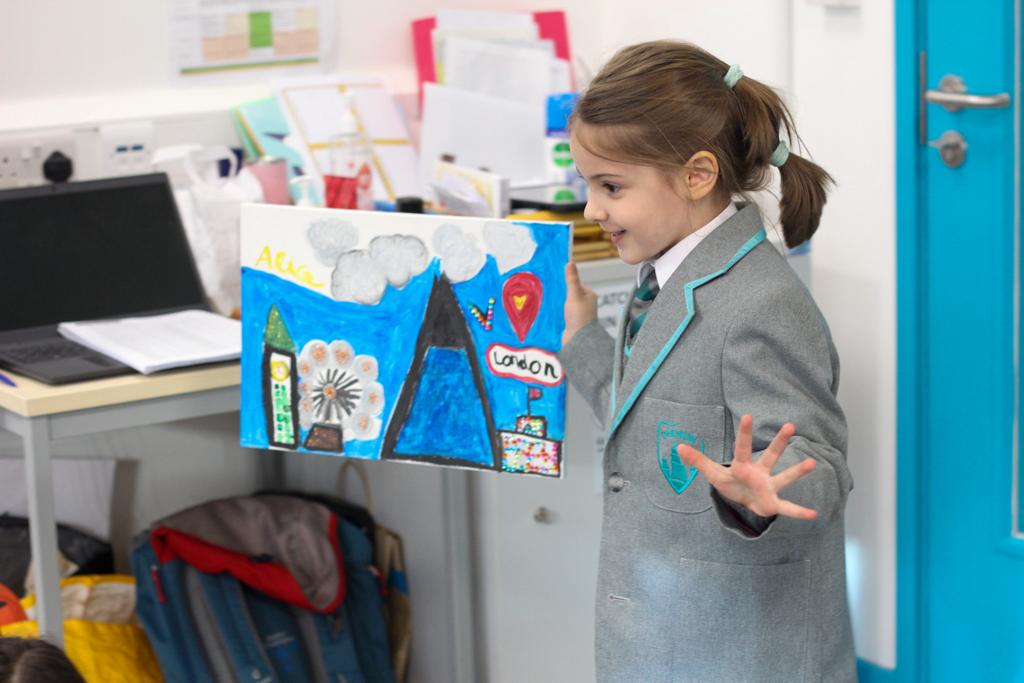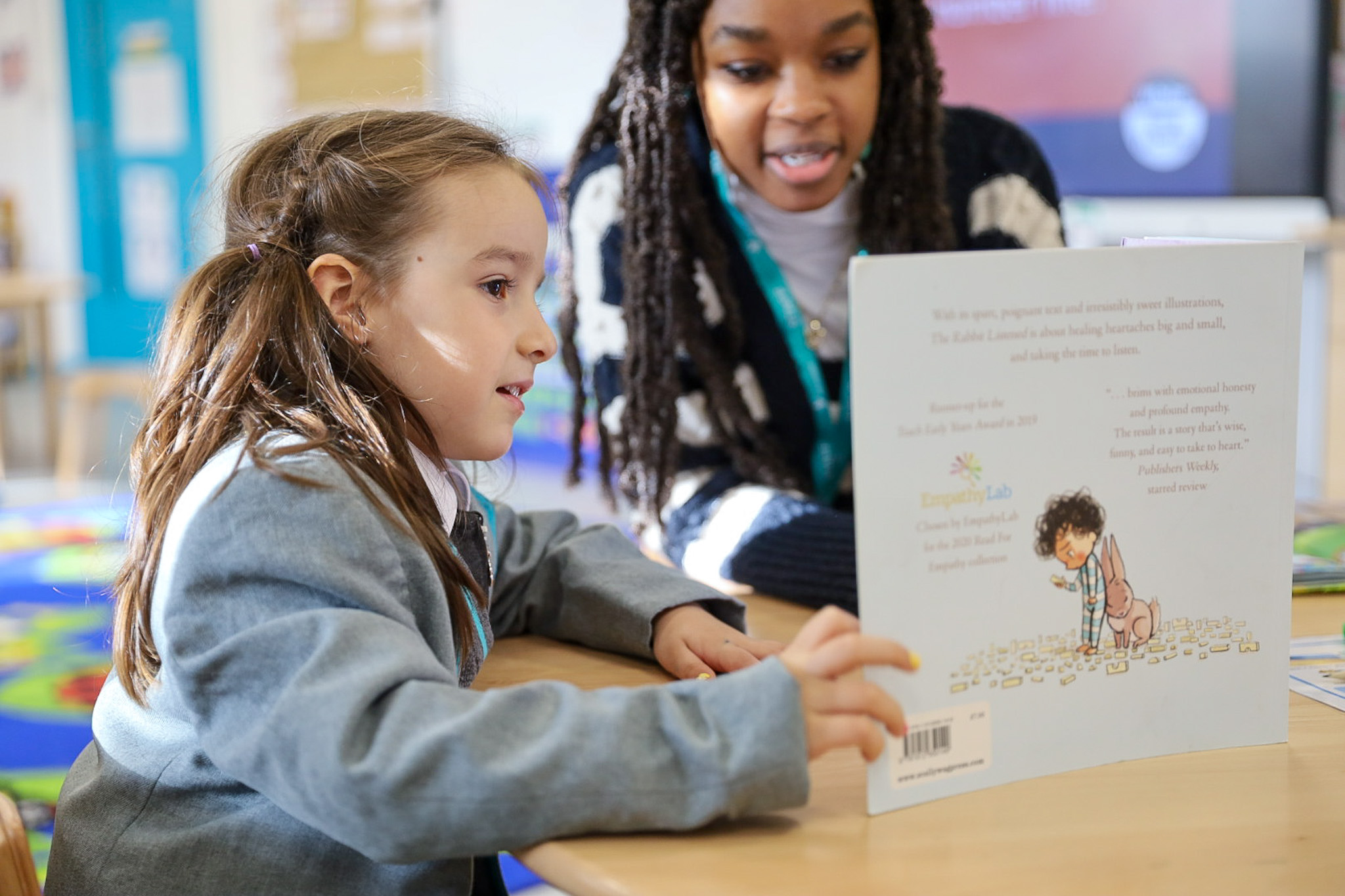Character Education at APSoL
All at APSoL work consciously and conscientiously to make it a place where children acquire the character virtues that lead to success in school and university, in work and life beyond. Essential to this, is our understanding of what constitutes Character Education.
Character Education can be defined as the active development of character strengths or virtues in young people. The practice of character education is based on the view that these strengths are not merely given but can be developed through instruction and practice.
The choices an individual makes determines their future, and the purpose of developing good character is the ability to make good choices. Character allows us to flourish as individuals, and as a wider society. This is why the development of character, as well as achieving academic attainment, should be the purpose of education.
“Character becomes your destiny,”Lao Tzu, Philosopher
Our work in this area is premised upon two ideas. First, that character is both ‘taught’ and ‘caught’. Taught because pupils need to learn directly about character strengths and virtues, and to be given opportunities to practise them. Caught because pupils need to be exposed to the concepts and language of character throughout their experience of school. This is best delivered through the ethos of the school, by teachers and other adults in school acting as role models, by empowering children to be role models and recognising them publicly as such, and by engineering enrichment activity so that it emphasises character development.
The second idea is that there are four core dimensions to character: intellectual, performance, moral and civic. These are demonstrated in the diagram below from the Jubilee Centre. A complete character education seeks to develop pupils along all four dimensions, and in this broad conception character encompasses academic achievement as a route to the development of intellectual character strength.
As such, our curriculum is infused with opportunities for children to develop their character strengths and virtues. These are complimented by the headteacher’s weekly assemblies, class PSHCE assemblies, Unicef Children’s Rights and Global Aims assemblies, which constitute discrete weekly character education lessons teaching the children explicitly about the character virtues. Together, discrete and embedded learning, gives the children the knowledge, language and moral exemplars to help them continue strengthening the virtues in their own lives.
Further to this, we have identified a set of enriched experiences defined by children, parents and staff that we believe to be character building in the truest sense. These experiences are embedded in our curriculum as authentic outcomes to learning. At APSoL, children receive a booklet containing key activities, tasks and awards that they need to complete by Year 6.
Character Education also informs our whole school approach to behaviour management. This is best described in the school Behaviour Policy prepared for children, parents and staff, and designed to ensure a shared understanding for all and a continuity of approach. The approach combines clearly defined rules that guide children to stay on the deck, reach the sail or flag of the APSoL Galleon and clearly defined character virtues that are particularly prized in our school that encourage the children to reach the APSoL flag.
At APSoL, these virtues are closely linked to our school aims for all APSolings:
Communicate – with fluency in two or more languages
Explore – develop a love for learning and inquisitive mind
Challenge – think critically and build resilience
We incorporate ‘The Building Blocks of Character’ into the following themes (values) at APSOL:
Character Education at APSOL
- Assembly programme embedding Virtues and APSoL Themes (Headteacher assemblies, class assemblies, PSHE focus assemblies, Values assemblies)
- Themed events (Talent show, performances, charity events, awareness days and weeks)
- Character awards (Virtues and values badges, Ambassadors, House Captains, Eco-school, certificates, developing young leaders)
- Character development days (learning particular skills and traits)
- Values stories and story sharing sessions
Further information:


